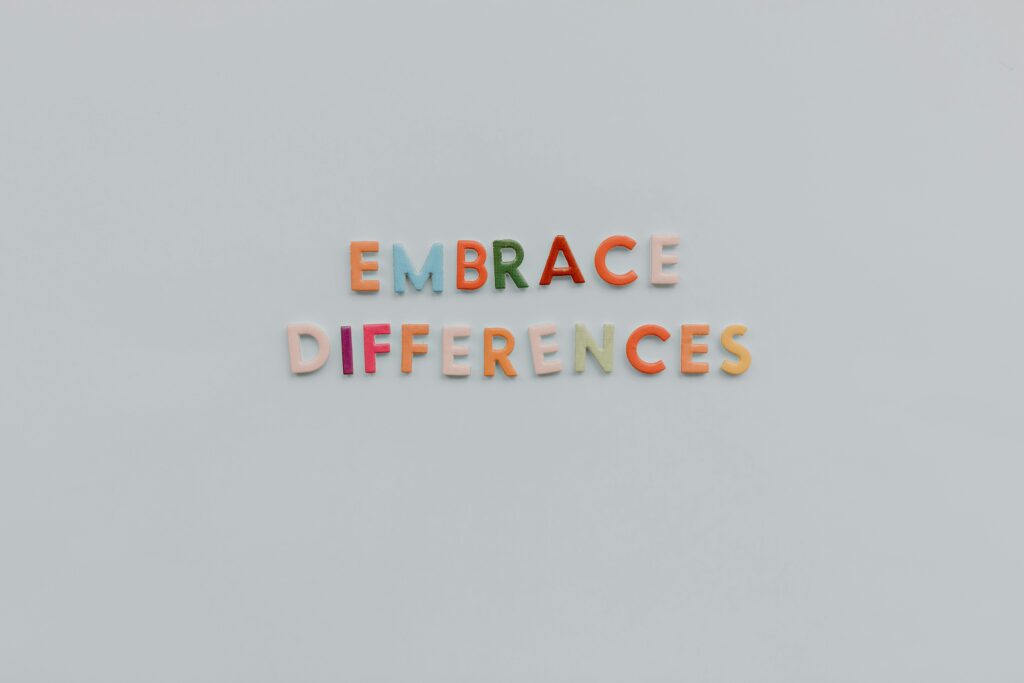Unveiling the Spectrum: Navigating Myths of Autism in Adulthood

Did you know that autism, often misconstrued as a condition exclusive to childhood, continues throughout the lifespan? 1 in 36 children in the United States are autistic, and these individuals grow into adults who continue to experience the world differently. In this article, we will debunk several prevalent myths surrounding autistic adults, providing insights into their relationships, individuality, and societal contributions.
Myth 1: Autism is a Childhood Condition
It’s a common misconception that individuals “grow out of” autism as they mature. Contrary to this belief, autism is a lifelong neurodevelopmental condition. Adults may develop strategies to manage some challenges, but their difference in neurology remains, regardless of how visible it is. “Autism has always existed. Autistic people are born autistic and we will be autistic our whole lives,” shares the Autism Self Advocacy Network. Understanding this continuity is essential for creating supportive environments that respect the community’s evolving needs.
Myth 2: Autistic Adults Cannot Form Relationships
Another widespread myth is that adults with autism are incapable of forming meaningful relationships. Although social interaction can be more challenging, it does not preclude the desire or ability to connect with others. An author from The Transmitter, a neuroscience-specific publication, explains that “One significant barrier to these friendships is neurotypicals’ conviction that autistic people are not interested in connecting with them. . . an autistic adult who avoids eye contact may simply be trying to avoid overstimulation or to focus more intently on the conversation.” Madison House Autism Foundation’s own research from the Autism After 21 Utah Project supports the idea that friendship is valued by autistic adults.
Myth 3: Autistic Adults Are All Alike
Autism is incredibly diverse, with manifestations varying greatly among individuals. The saying in the autism community from Dr. Stephen Shore, “if you’ve met one person with autism, you’ve met one person with autism,” highlights this diversity. For example, some adults may need considerable support daily, while others function independently without substantial aid. A self advocate from an article featured on Different Minds states that, “Even biological twins, who may appear identical on the surface can be considerably distinguishable and different when you look deeper – we are all distinct and unique human beings, and none of us are the same.”
Myth 4: Autistic Adults Don’t Contribute to Society
In countering the myth that adults with autism do not contribute to society, it is essential to recognize the unique talents and perspectives they bring. Their often rational approach to decision making and problem-solving, in addition to many autistic adults having visual or other sensory strengths, can create in-demand skill sets valuable to the job market and even management positions. These skills are especially advantageous in fields like computer programming, art, and science. When combined with a strong work ethic, autistic adults not only succeed but also prove their invaluable contributions to society, dispelling outdated stereotypes and embracing their specialized knowledge and creativity in areas of special interest.
Understand Autism Myths and Embrace Differences
Adults with autism are fully capable of forming deep and meaningful relationships, each with unique experiences and strengths that defy generalization. Moreover, their contributions to society—through unique talents in areas like problem-solving, art, and technology—are not only valuable but essential. By recognizing these autism myths and valuing the varied abilities and perspectives of autistic adults, we encourage a more inclusive and understanding society. Embracing this diversity is not just about acknowledging their potential but about actively supporting and integrating the talents of all individuals. This understanding will pave the way for a society that truly appreciates and utilizes the unique strengths that adults with autism bring to the table.
Please note that we try to respect the diversity of preferences from advocates on the autism spectrum. We therefore use identity-first language (autistic individual) and person-first language (person with autism) interchangeably.
Read more about Madison House Autism Foundation and our current projects.

 Artist Spotlight: Joshua
Artist Spotlight: Joshua


